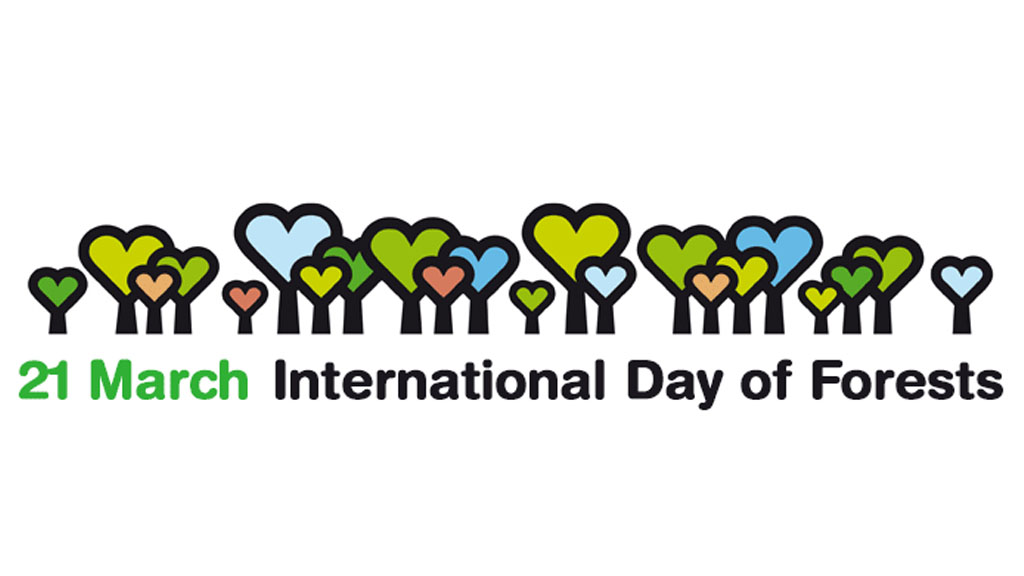
Since its inception in 2012, the International Day of Forests, held annually on the 21st of March, has been growing exponentially. This comes in response to a context of growing environmental concern and consciousness – especially in the wake of the Paris Climate Agreements.
The International Day of Forests is one of the UN’s vehicles for raising broader awareness of environmental issues facing our planet today. Forests have a crucial role to play in the fight against global warming: Deforestation is the cause of around 18% of the world’s CO2 emissions – a similar figure to the global transportation sector. Furthermore, forests are our primary solution in filtering unwanted CO2 from the atmosphere, essentially capturing the greenhouse gas in “carbon sinks”.
Governments, organisations and individuals are using this global attitude shift to inspire awareness and change for a greener and more sustainable world. Both Nestlé and Unilever, two of the largest producers of consumer goods in the world, are signatories to the New York Declaration on Forests – aiming to cut forest loss in half by 2020 and end it by 2030.
Every year around the globe, individuals use #IntlForestDay to take collective action. Events held globally include tree plantings, symposiums, art exhibitions and photo competitions. Sustainable timber farming is high on the agenda of things to promote, and it’s easy to see why. 2.4 billion humans rely on wood-fuel to cook their meals and heat their homes. Cheaper, cleaner and more sustainable than coal, The UN believes wood-fuel will play a crucial role in meeting the Sustainable Development Goal of ensuring access to affordable, reliable and sustainable energy for all by 2030.
Below, we detail some fitting facts on forests and include the official UN video for International Day of Forests 2017:
Forests: The Facts
- The Amazon rainforest represents over half of the planet’s remaining rainforests, and comprises the largest and most biodiverse tract of tropical rainforest in the world.
- The cattle sector of the Brazilian Amazon, incentivized by the international beef and leather trades, has been responsible for about 80% of all deforestation in the region, or about 14% of the world’s total annual deforestation, making it the world’s largest single driver of deforestation.
- Around 80% of the Amazon rainforest remains compared to pre 1970s records.
- Globally, an area the size of England is deforested each year
- Woodfuel provides 40% of today’s global renewable energy supply – as much as solar, hydroelectric and wind combined.
- Almost 900 million people – are engaged in the wood-energy sector on a part or full-time basis.
- Strategically placed trees in urban areas can cool the air between 2-8 degrees C.

